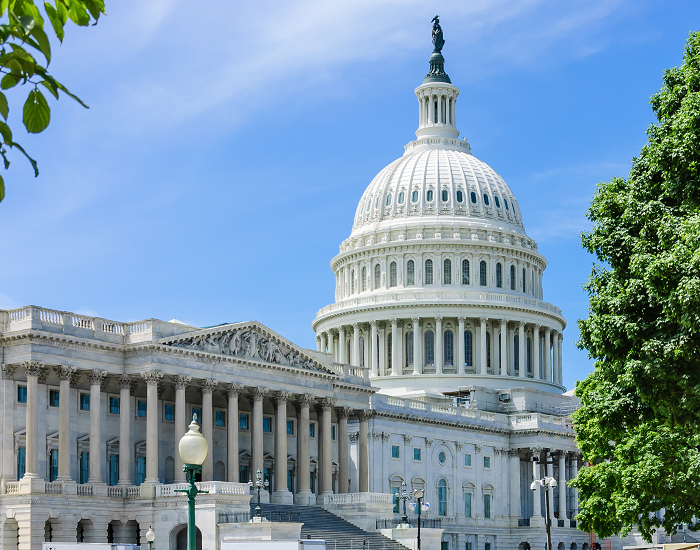
January 30, 2025
Eliminating the Benefit Cliff and Achieving Savings for Taxpayers: A Reform Proposal for the Supplemental Nutrition Assistance Program
Key Points Read the PDF

December 17, 2024
Letter to the Department of Government Efficiency on Possible Reforms to the US Welfare System


October 23, 2024
Work Requirement Waivers Increased FoodShare Caseloads and Costs in Wisconsin
Employment plays a crucial role in helping families escape poverty and move up the income ladder. The Temporary Assistance for Needy Families program, created through welfare reform in 1996, showed that linking government assistance to work could increase employment and decrease poverty among single-mother families. The Supplemental Nutrition Assistance Program, commonly known as food stamps,…

October 2, 2024
The effect of taxes and transfers on low-earning workers’ income.
Despite misperceptions that the United States is limping through late-stage capitalism, American workers are more highly compensated than ever before—even the lowest earners. The 20th percentile earner—worse-off than 80 percent of workers—had annual earnings 19 percent higher in 2022 than in 1979, after accounting for inflation and a decline in women choosing to work only…

April 29, 2024
Measuring What Matters: Context and Recommendations to Improve Reporting on Unemployment Insurance
Key Points Read the PDF.

March 28, 2024
An Early Look at the Child Tax Credit Changes in the Tax Relief for American Families and Workers Act of 2024
Abstract The Tax Relief for American Families and Workers Act of 2024, which the US House of Representatives passed on January 31, 2024, and the Senate is now considering, would make important changes to the child tax credit (CTC) if enacted. The legislation would increase CTC payments for families with lower earnings, apply a one-year…

January 12, 2024
Small-Dollar Demonstration Projects Can’t Hide That a National Guaranteed Income Program Would Cost Trillions
Abstract While some have declared that short-term guaranteed income demonstrations (patterned on universal basic income schemes) are working almost universally, such cheerleading misses a major drawback: the enormous costs that would arise if such programs operated at a national level, as proponents intend. This report reviews the costs of some recent proposals to operate such…

October 12, 2023
Blue-State Benefits: How Federal Grants Fail to Consider Population Shift
Abstract The federal government annually awards hundreds of billions of dollars in grants to states. In this report, I examine funding for the largest federal grant programs for 2020–22, focusing on grants-in-aid that do not fully adjust for population change. For states losing population, I calculate “avoided reductions,” the difference between the grants a state…

September 18, 2023
Overregulated Childcare: Wisconsin’s 2023-’25 Biennial Budget and the Path Ahead
Wisconsin’s legislative budget session ended in July 2023 with an increase in childcare funding in the 2023-’25 biennial budget. However, the final budget did not include $340 million requested by Gov. Tony Evers to continue a pandemic-era program offering direct operating assistance to Wisconsin childcare providers. Instead, Republican lawmakers added $42 million in childcare funding…